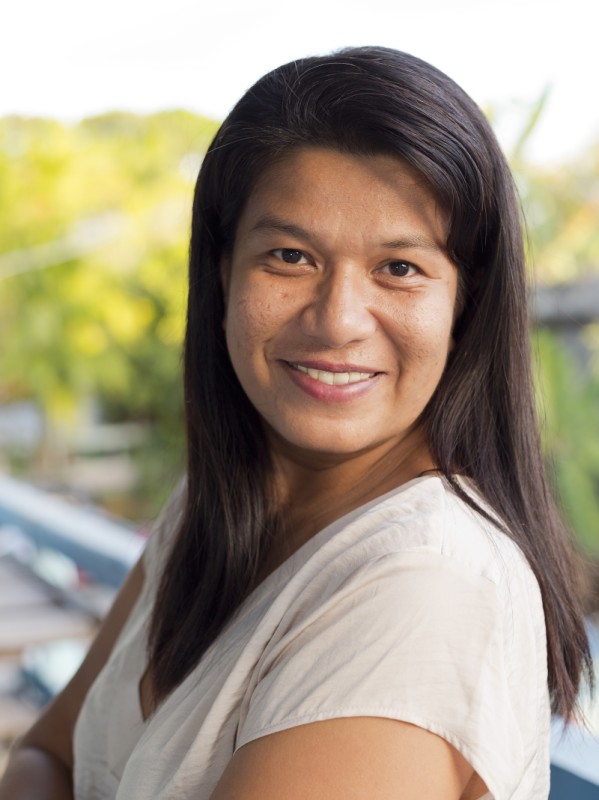At this month’s meeting of the United Nations Food and Agriculture Organization’s (FAO) Committee on Fisheries (COFI), members were urged by sustainability-focused nonprofits to develop global transshipment guidelines, targeting adoption as early as 2022.
The Pew Charitable Trusts Senior Officer for International Fisheries Dawn Borg Constanzi told SeafoodSource she is hopeful the meeting will lead to the development of transshipment guidelines, which will include effective monitoring measures, universal authorization requirements, and information-sharing procedures.
Constanzi said transshipment, when not properly managed and monitored, can result in laundering and illegal, unreported, and unregulated (IUU) fishing.
Pew is hopeful an outcome of the COFI meeting will be the “development of international transshipment guidelines to help RFMOs and governments manage transshipment in a more coordinated, harmonized, and successful way.”
The adoption of guidelines “would be a major step towards establishing transparent transshipment processes that support a sustainable and verifiable seafood supply chain,” Constanzi said.
Constanzi said the aim of the week-long meeting, which takes place every two years with the goal of providing direction on the world’s fishing and aquaculture industries, is to adopt the guidelines, which can be utilized by RFMOs on both international and national levels.
A report issued last year by the FAO presented a background to the study, its approach, and methodology, and explores the risks of transshipment in supporting IUU fishing.
It was created to “shed more light on the practice and make recommendations to inform future discussions on the development of international guidelines for the regulation, monitoring, and control of transshipment,” according to its abstract.
Pew said the report recommended key elements that can be included in the guidelines for the authorization requirements for vessels transshipping, reporting mandates, and monitoring measures.
The report said that under the suggested information-sharing procedures, authorities of coastal and port states and regional fishery management organization secretariats “must follow standardized data-sharing procedures that should be established by competent authorities to help ensure consistent and effective communication and reporting of activity.”
Constanzi said more consistent use of fisheries observers aboard vessels can help alleviate transshipment issues. However, the COVID-19 pandemic has limited their presence on-board fishing vessels around the globe. In the Pacific, the Western and Central Pacific Fisheries Commission (WCPFC) has extended the suspension of fisheries observer coverage in the region until February 2021 in an effort to protect the observers from COVID-19.
“Without observers onboard providing oversight on transshipment, there is room for IUU to take place,” she said.
Photo courtesy of The Pew Charitable Trusts/Adam Baske







